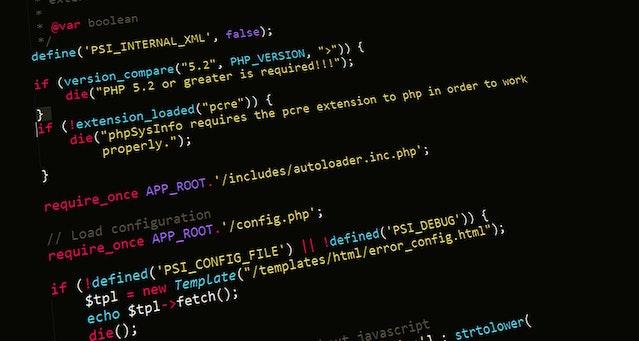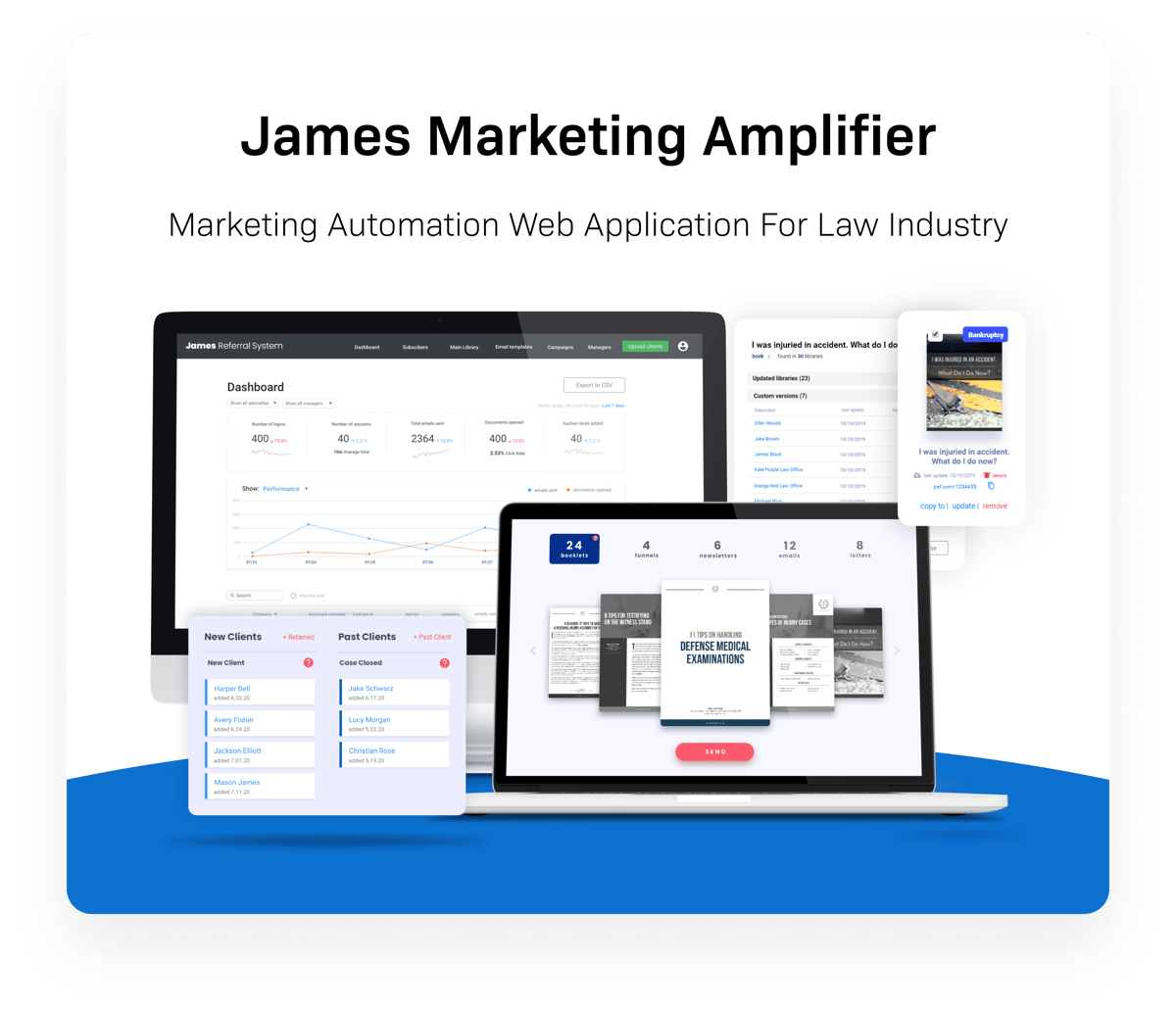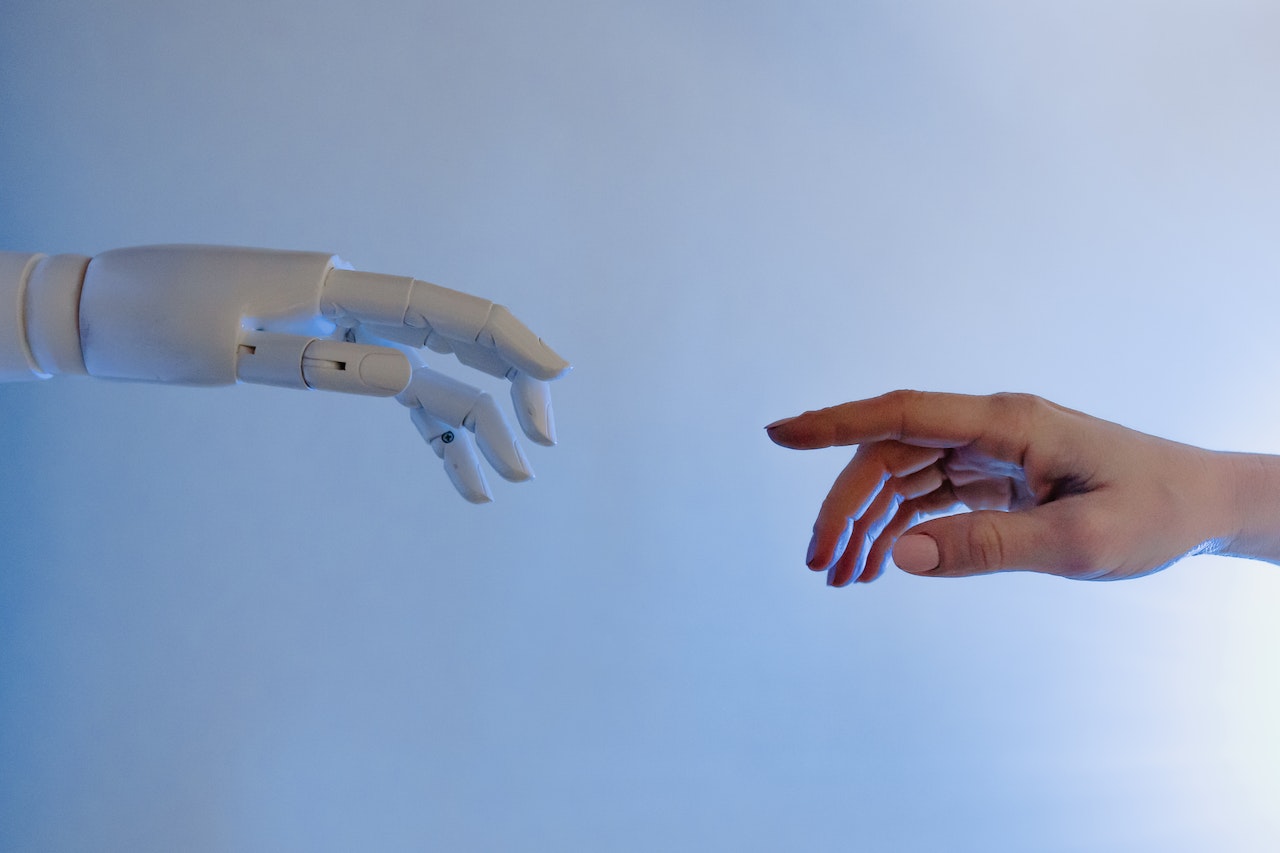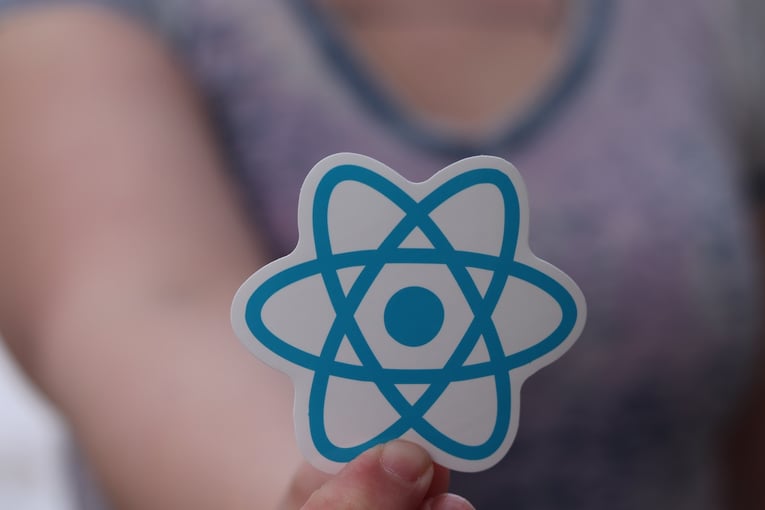In today's digitally driven world, marketing has evolved from traditional methods to more advanced and data-centric strategies. One of the key driving forces behind this transformation is artificial intelligence (AI). By harnessing the power of AI, marketers are able to leverage automation, data analytics, and predictive algorithms to enhance their marketing efforts. In this article, we explore the role of Artificial Intelligence in marketing automation software and how it is revolutionizing marketing strategies, enabling businesses to reach their target audience more effectively and efficiently.
Table of Contents:
Introduction to AI and Marketing Automation.jpg?width=1200&height=801&name=pexels-tara-winstead-8386422%20(1).jpg)
Overview of Marketing Automation
The use of software platforms and technology to automate marketing operations and workflows is referred to as marketing automation. It allows marketers to streamline and optimize their operations, boost productivity, and provide tailored experiences to their target audience. Marketing automation tools serve as a single administration center for different components of marketing campaigns, such as email marketing, lead creation, customer segmentation, social media management, and analytics.
These platforms provide capabilities like lead nurturing, scoring, and management, allowing marketers to communicate with prospects at various phases of the buyer's journey. Marketing automation helps marketers to focus on strategic ambitions and creative components of their campaigns by automating tedious chores such as sending customized emails or triggering certain actions depending on user behavior.
What is Artificial Intelligence?
The development of computer systems that can do activities that normally require human intelligence is referred to as artificial intelligence. It entails the development of intelligent machines that are capable of learning, reasoning, problem-solving, and decision-making. AI systems are intended to analyze massive volumes of data, detect patterns, and make predictions or take actions based on the data insights.

The importance of AI in Marketing Automation
The integration of AI with marketing automation brings numerous benefits to businesses. AI-powered algorithms can analyze vast amounts of customer data, including demographics, behavior, preferences, and purchase history, to generate actionable insights. These insights can help marketers understand their audience better, segment them more effectively, and deliver highly targeted and personalized content. By leveraging AI, marketers can create dynamic campaigns that adapt to each customer's unique needs and preferences, and improve customer engagement and driving conversions.

AI-powered Data Analytics
AI-driven data analytics has transformed the marketing industry by leveraging the power of data to make educated decisions and tailor marketing strategies. In today's digital world, when massive volumes of data are created every second, firms may take use of these possibilities to extract important insights from this data and achieve a market edge.
The importance of Data in Marketing
Data is important in marketing because it allows businesses to have better knowledge of their consumers, market trends, and the efficiency of their marketing tactics. Marketers may create data-driven decisions by examining data to uncover patterns, trends, and correlations. This allows them to optimize marketing initiatives, target the correct audience, and spend resources more effectively.
Artificial intelligence-based data collecting and analysis has altered the way data is acquired and handled. Marketers may now gather and analyze data at unprecedented volume and speed thanks to machine learning algorithms and sophisticated analytics approaches. AI algorithms may automatically collect data from a variety of sources, including consumer interactions, social media, website analytics, and third-party data, and integrate it into a centralized repository.
.jpg?width=1200&height=801&name=pexels-christina-morillo-1181263%20(1).jpg)
Predictive analytics and customer behavior modeling
Another area where AI-powered data analytics shines is in customer behavior modeling. AI algorithms can develop accurate consumer profiles and segmentation based on demographics, preferences, purchasing history, and online behavior by analyzing enormous volumes of data. This helps marketers to gain a detailed understanding of their consumers and personalize marketing messages to resonate with certain categories. Personalization in marketing is more likely to attract potential customers and enhance conversions.

Real-time insights for personalized Marketing Campaigns
Real-time insight is critical for marketers to stay agile in a dynamic marketplace. Artificial intelligence-powered data analytics give marketers real-time insights into customer behavior, market trends, and campaign effectiveness. This enables businesses to continuously modify their marketing tactics, make changes in a timely way, and capture opportunities as they come. Real-time intelligence also enables advertisers to provide tailored experiences based on the most recent data, such as targeted offers and suggestions.
Intelligent Content Creation and Optimization
One of the key areas where AI has had a significant impact is content creation and optimization. With the advent of smart algorithms and natural language processing capabilities, tools based on the latest technology have enabled marketers to create high-quality, personalized content at scale.
AI-powered optimization approaches have transformed the way material is provided and disseminated across channels. Marketers can now utilize AI algorithms to discover the most effective content formats, headlines, and graphics that will have the most impact on their audience. This degree of sophisticated optimization guarantees that each piece of content is matched to your target audience's exact wants and expectations.

With artificial intelligence (AI) continually growing, the chances to better marketing tactics through intelligent content generation and optimization are limitless, offering a future where consumer experiences will be genuinely revolutionary.
Targeted Advertising and Customer Segmentation
Traditional marketing approaches often rely on broad categorizations, but AI enables marketers to delve deeper into customer historical data to identify specific segments with unique characteristics and preferences. By analyzing vast amounts of data, AI algorithms can identify patterns and trends, making it simple to target their advertising efforts with precision.
-
Programmatic advertising empowered by AI- enables programmatic advertising, which efficiently matches advertisers with publishers through real-time bidding, resulting in more relevant ad placements for consumers.
-
Personalized ad campaigns - thanks to AI algorithms, marketers are able to analyze customer preferences, previous purchases, and browsing behavior to deliver tailored ad content that resonates with individual consumers.
-
Ad performance optimization - machine learning algorithms analyze campaign data, identify trends, and predict customer behavior, enabling marketers to optimize their advertising efforts. By leveraging technology, marketers can identify the most effective channels, refine messaging, and allocate resources efficiently, leading to improved campaign performance and return on investment.
.jpg?width=1200&height=801&name=pexels-karolina-grabowska-4386431%20(2).jpg)
Chatbots and Virtual Assistants
Chatbots and virtual assistants have altered the game in marketing automation, revolutionizing marketing techniques with their capability. We've selected to highlight some of the key areas where AI-powered chatbots have had a substantial influence on customer service.
Chatbots can participate in intelligent discussions, interpreting client requests and reacting to them with surprising accuracy, thanks to the use of natural language processing (NLP). Furthermore, they prove to be essential in terms of lead generation and sales assistance. They may communicate with prospects, qualify them, and even coach them through the sales process, resulting in much higher conversion rates. What is more, they prove to be essential in terms of lead generation and sales assistance. They may communicate with prospects, qualify them, and even coach them through the sales process, resulting in much higher conversion rates. The capacity of AI-based chatbots to continually learn separates them.
In turn, they continually enhance their performance by studying client interactions, optimizing their replies, and responding to shifting market trends using machine learning algorithms. The use of chatbots and virtual assistants into marketing automation is undeniably altering how businesses interact with clients and generate sales.
Case Study and Success Story of MarTech project developed by Railwaymen
James Marketing Amplifier is a marketing automation web app dedicated to small law firms. The purpose is to help them improve their marketing to obtain more and better clients. With this online tool, law firms receive more signups from their website, acquire customers through referrals, grow and improve educational content on their blogs.
During the design process for JMA, we've been able to review all potential areas of customer interaction with the current product and how it could translate into a digital application. The clickable prototype has proven to be extremely useful, as it has allowed us to review the proposed solution with customers even before the development phase. This gave us valuable insight at an early MVP stage and helped us to decide on making some more significant changes in our initial plans.
 Releasing the first version of MVP gave us a lot of data on how customers actually use the portal, which was the goal from the beginning. Thanks to this, we've been able to iterate new versions of the software with a better understanding of customers' main motivations, which led to features that more accurately answer their needs.
Releasing the first version of MVP gave us a lot of data on how customers actually use the portal, which was the goal from the beginning. Thanks to this, we've been able to iterate new versions of the software with a better understanding of customers' main motivations, which led to features that more accurately answer their needs.
The Future of AI in Marketing Automation & Conclusion
Thanks to the use of artificial intelligence, large amounts of data can be used to create more accurate customer profiles and segmentation, which allows for highly targeted, personalized and optimized marketing campaigns. This level of precision has resulted in improved customer experiences, higher engagement rates, and increased conversions.
While artificial intelligence in marketing automation has many advantages, it is necessary to find a balance between automation and human creativity. As AI evolves, professionals will need to master the technology, stay up to date with the latest developments, and acquire the necessary skills to realize its full potential. Leveraging this technology will be the key to growing companies in the ever-evolving marketing landscape of the future.
If you are considering creating an app from scratch, let’s contact with our professional and well-experienced team! Together, we can turn your amazing idea into incredible custom apps!



